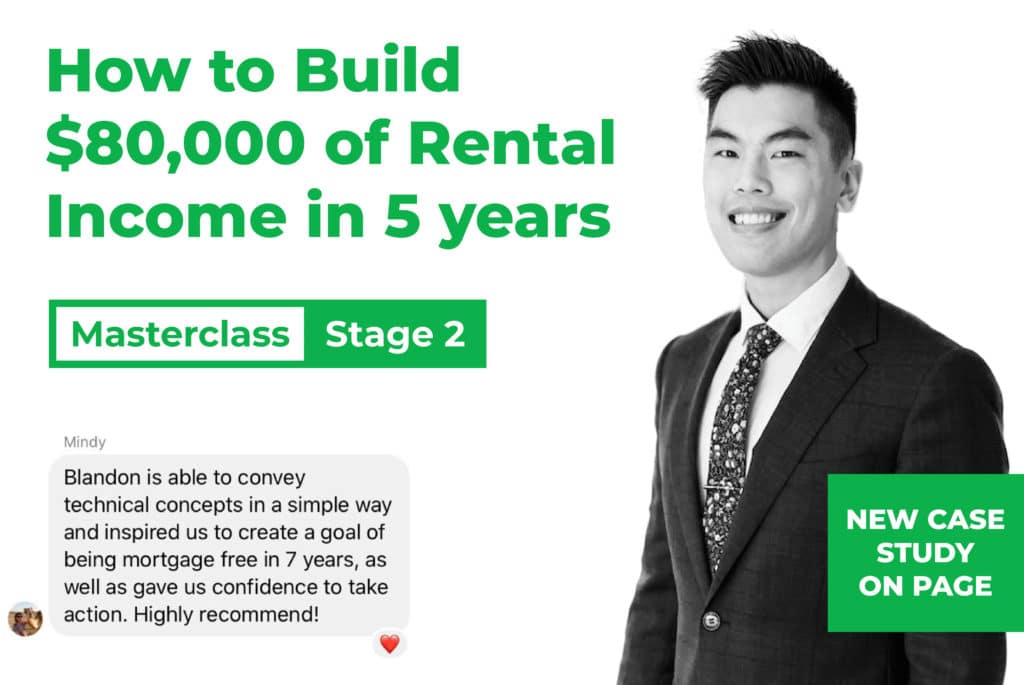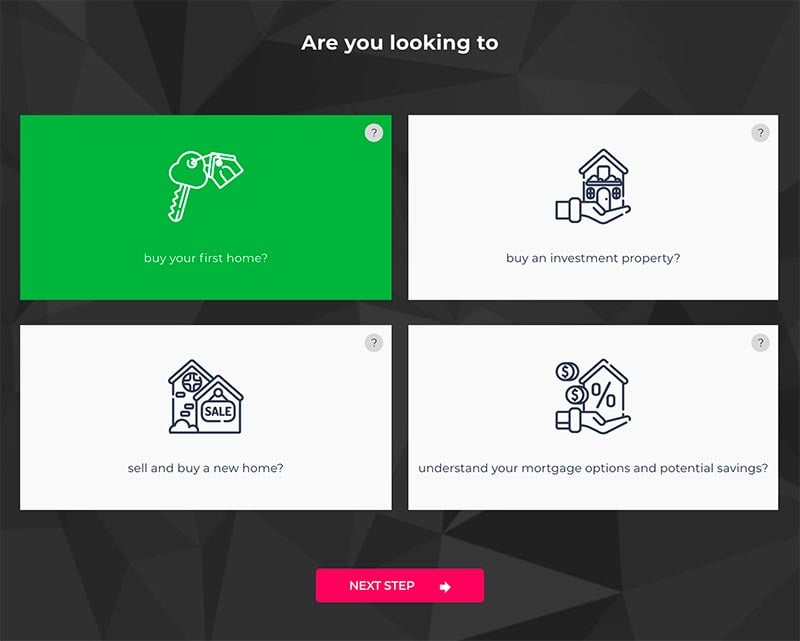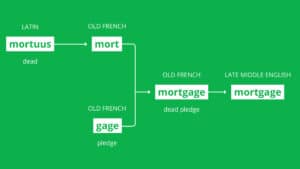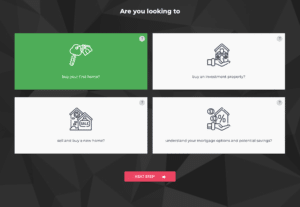What is Mortgage Cross Securitisation?
When a bank has security over multiple properties but treats them as a single security. For instance, you have 2 properties worth $900k and $600k respectively ($1.5mn in total property value) and only $400k in debt… but your debt is secured by both properties. This article is a detailed look at cross securitisation, for an overview of mortgages read our mortgages article.
You will learn about preventing cross securitisation by separating mortgage securities and how to arrange your portfolio to your advantage instead of the banks.
You own your properties and can do what you like with them right? Not quite…
If you have multiple properties cross-secured (think in terms of keeping your eggs in one basket) then you actually have to double check with the bank before you can take your cash proceeds from property sales and you might not have all the flexibility to do what you like. Imagine selling one of your properties, expecting to keep the cash, but the bank has their mind made up that they want the money first.
If you were sitting at a poker table with a big stack of chips, and the buy-in is small, would you bet your whole stack? That would be an unnecessary risk.
This is what happens when you build up lots of home equity and do not remove or separate your property’s security at the bank. This can be solved (in most cases) relatively easily.
The relative loan size to the value of your properties means that you can (and should consider to) remove one of your properties from the bank’s grasp. You might transfer this property into a trust to protect it even more and make passing it on that much easier.
The key thing is this: do not have 2-3 houses secured at the bank when 1 is enough because this limits your freedom to buy and sell in the future.
Cross Securitisation is sometimes known as cross-collateralization. It refers to when you pool multiple properties together and the bank treats this as a single security. For instance, you have 2 properties worth $900k and $600k respectively ($1.5mn in total value) and only $400k in debt… your mortgage debt is secured by both properties. This means if something goes wrong the bank can recoup its losses by forcing you to sell either or both of your properties. In this case, you could freehold one of the properties or split the debt and maximise the tax efficiencies.
Let’s look at a cross securitisation case study:
A local couple in their early 60s, with 4 rental investment properties and their home, deciding what to do next:
Julie and her husband have almost had enough of work, some of their friends passed away and others had become ill recently, and they are beginning to think it’s time to enjoy life. They have worked hard and feel it’s time to focus on themselves.
They are asset rich with 5 Auckland properties worth about $5mn, but cash poor, with their incomes covering the mortgage debt and living expenses. They were thinking about selling one of their rentals to reduce their $1.5 million of mortgage debt and give them some cash in the bank. To make sure they didn’t trip up at the finish line, they finally decided to get advice from advisers who don’t work at the bank.
What Julie and her husband did not realise is that if they sold one of their houses, the bank would probably want all of the cash to reduce their LVR and they would simply be selling a cash producing asset for no actual cash gain. The agent would be happy, the bank would be happy, but they would be making a huge mistake.
So mortgagehq.co.nz helped them remove one of their properties as security and freehold it, by refinancing your mortgage. They chose the property they would probably sell first (in the future). The bank did not want them to do this because it weakens their position. Your bank is not going to suggest that you leave less on the table for them to secure your debts. Your aim should be to have the most properties you can removed from the bank so they are 100% yours to do with them what you like.
Now when Julie and her husband do decide to sell the property, the cash from the sale will stay in their bank account, to spend on grandkids and holidays as they see fit.
They got the peace of mind from working with an expert who talked through different scenarios for the future. Now they can control how much they work because there is not as much of a worry about the debts and they can go about life at their own pace.
For some borrowers, this cross-security can be a good thing, but for many people over the long term, it is something you’ll want to consider avoiding. Keeping all your eggs in one basket when investing in property is a dangerous game. If you’re building up a property portfolio it’s often best to keep your mortgage lending options open and not use the same bank for all of your mortgages. This is referred to as separating securities (using multiple banks) and gives you more bargaining power and options in general. Once you hit a specific threshold of lending, a bank will change your risk profile and might start calling in your debts before you’re ready to pay or charging you higher rates.
The reasons to use cross-security are simple:
- It is sometimes the only way to get your mortgage approved for new lending and new purchases
- It provides you with lower rates or more cash back (or a combination)
- You understand the restrictions of cross-security and you are happy to accept them.
Now if you have enough equity, the reasons to avoid cross security are worth researching.
- If there is a chance you may default on one of your mortgages in the future because of ill-health, lost income, bad tenants, insurance problems, etc then the bank might decide to foreclose against all of your cross-secured properties at the same time. Against your wishes, the bank may decide to sell properties you are not ready to sell. Regardless of the market conditions at the time. This has happened to many over-leveraged investors in the past.
- If you make frequent changes to your loan limits or properties then the bank may require valuations on all the properties it is using as security. This is expensive, time-consuming and risky in markets where valuations fluctuate significantly.
If you are thinking of building a portfolio of multiple properties talk to one of the Mortgage Advisers to help you get a structure set up correctly from the start. The easiest way to do so is taking the mortgage snapshot to give the adviser your background then someone will tee up a call.













